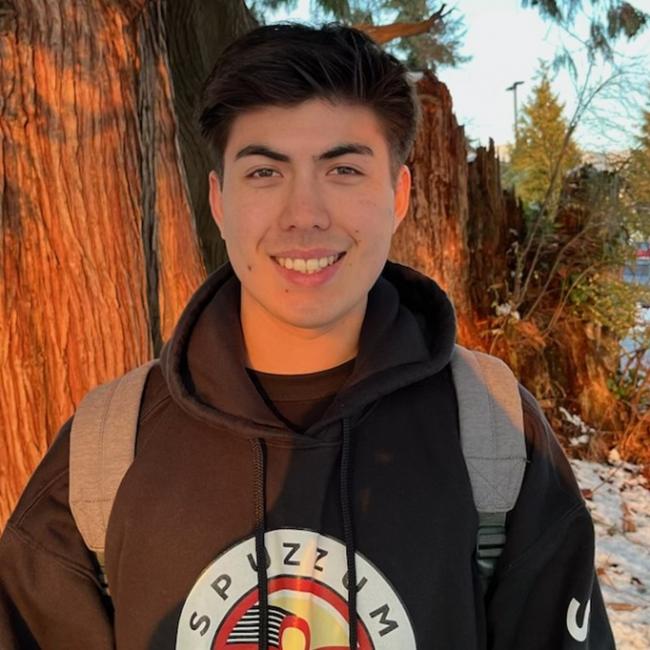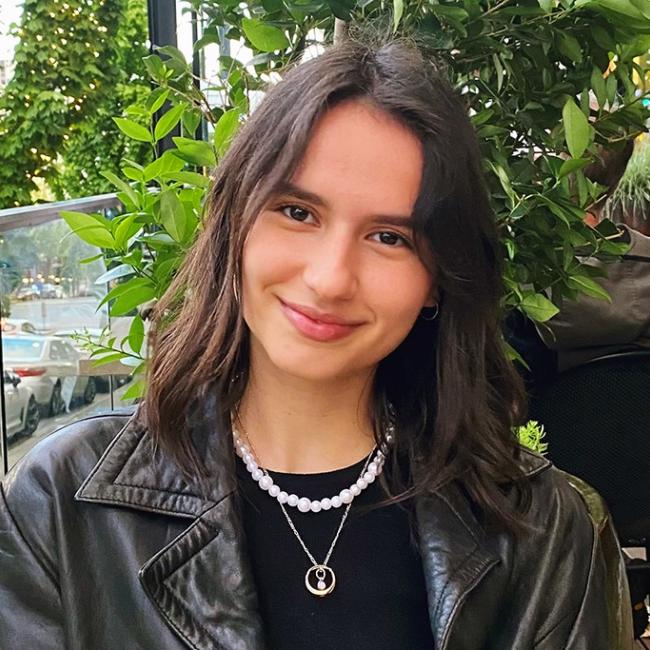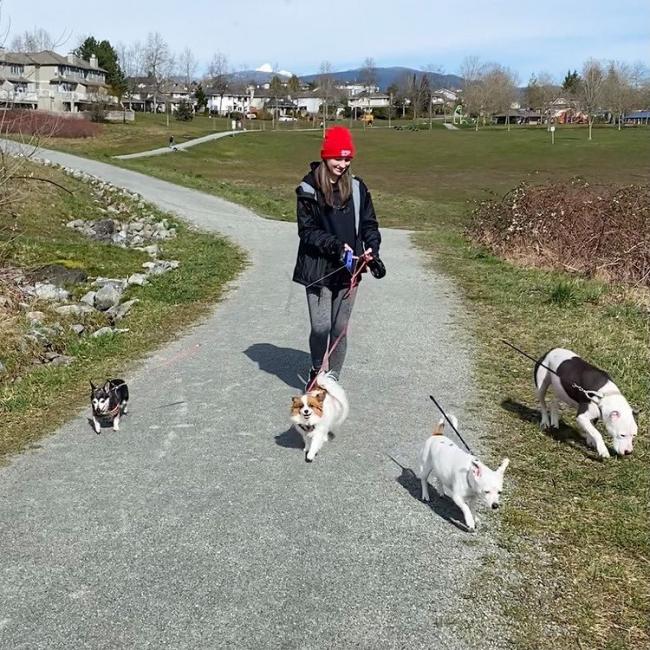“I chose not to do one thing with my degree, I did a lot with it,” says Alyssa Zandvliet (BA, 2023) of her decision to major in Indigenous Studies at Simon Fraser University (SFU).
“Indigenous Studies changed my life,” she says. “I was doing well in school, but I did not know what my path would be after graduation. When I finally enrolled in two courses well into my degree, I knew I wanted to pursue a major.”
This interview with Alyssa Zandvliet was initially published on SFU Indigneous Studies News on May 30, 2023.
During her time as an undergraduate at SFU, Zandvliet also completed an extended minor in Psychology, a minor in Biology, and an Environmental Literacy certificate, in addition to her major in Indigenous Studies. This array of achievements reflects Zandvliet’s curiosity and open-mindedness — something she has been able to embrace as an SFU Indigenous Studies major.
For Zandvliet, Indigenous Studies provided an avenue to examine her favorite subjects from new perspectives that she had not previously been exposed to in her education. “Indigenous Studies, to me, is about developing critical thinking skills: it encouraged me to start looking at myself, the world, and my place in it,” says Zandvliet. “I do not think people realize how varied Indigenous Studies is in terms of the courses that are available to you as a student: you can learn about history, literature, ecology, botany and other subjects. I was able to learn about so much that I am passionate about within one degree.”
In all her Indigenous Studies courses at SFU, Zandvliet discovered a welcoming environment for students from all backgrounds to discuss challenging topics and commit to honest self-reflection. “I am a settler, I have a lot of privilege to come in and live on this land,” she says. “There are so many things we have not been taught. If you want to grow and become a better ally, take a course. Indigenous Studies is for everyone.”
As a nature lover, Zandvliet thrived in Indigenous Studies courses that blend the social and biological sciences to consider the relationship between Indigenous peoples and the land. “INDG 332: Indigenous Ethnobotany is an ideal course,” says Zandvliet. “You get to go into the forest, in the summer, and learn to identify plants. I also loved INDG 232: Introduction to Ethnoecology, where I also learned about topics such as hunting, fishing, and plant cultivation. Importantly, you learn what it means to be an active and responsible steward of the land.”
In addition to being a dedicated student, Zandvliet was also active in the campus community, acting as co-president of ChangeSFU, a student-led initiative raising awareness of environmental and social justice issues. Zandvliet’s volunteer efforts with ChangeSFU reflect her appreciation of the natural world and her dedication to making a positive impact, "I hope our legacy is encouraging people to think about small actions they can take to reduce waste.”
In her next chapter, Zandvliet will be returning to the university in fall 2023 to pursue her master’s degree through SFU’s Individualized Interdisciplinary Studies (INS) program. “In Indigenous Studies, I found mentors who encouraged me to pursue my research interests,” Zandvliet says of Chelsey Geralda Armstrong, an SFU Indigenous Studies professor who will serve as her supervisor when she begins her graduate studies. With Armstrong's mentorship, Zandvliet will work closely with Indigenous communities on a research project related to historical ethnoecology and plant cultivation. After completing her master’s degree, Zandvliet hopes to continue to work on the land and delve into research related to her love of plants.














